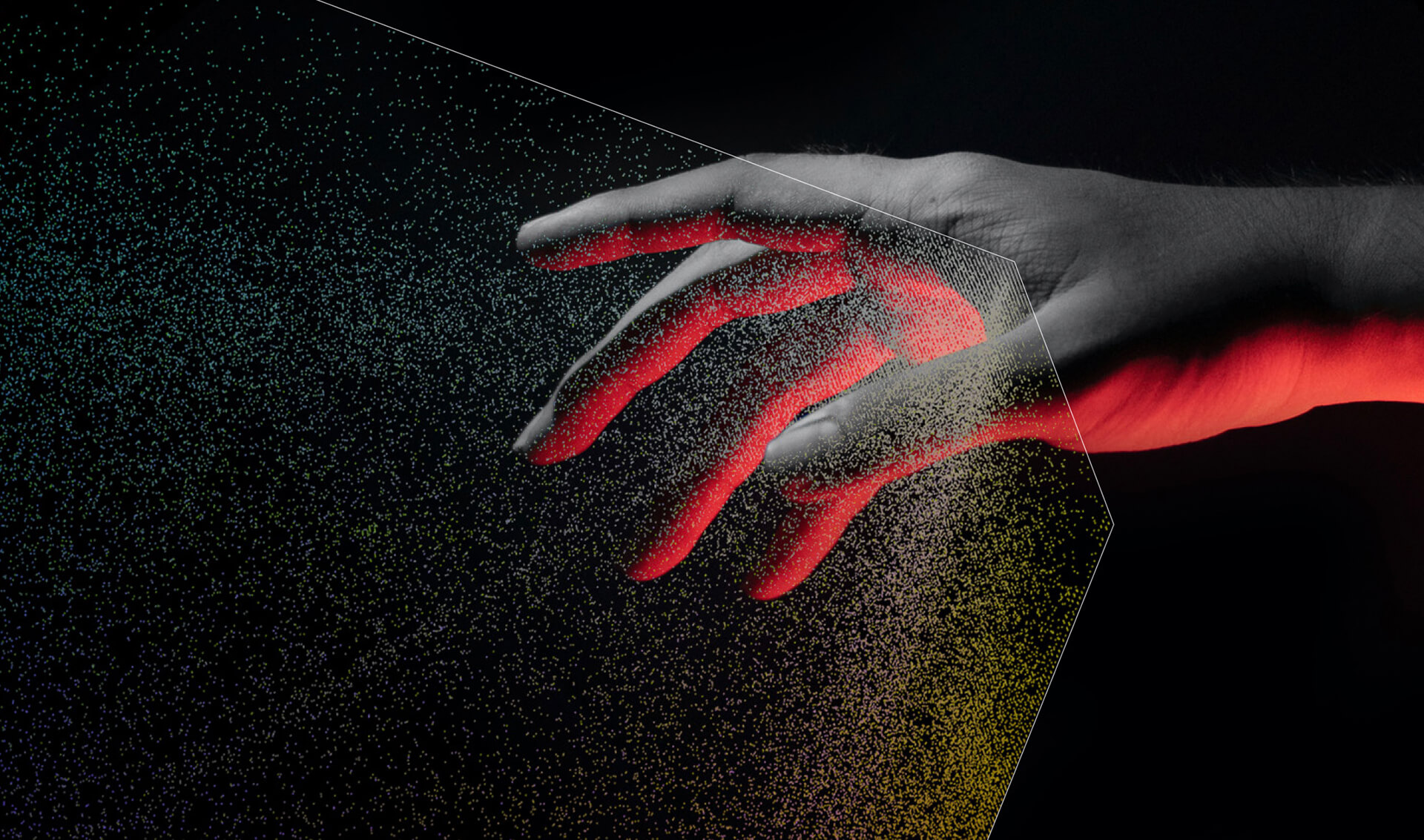

Co-Design
Written by
Sandeep Ozarde
Written by
Sandeep Ozarde
Co-Design
I started to wonder if machines could help us make better decisions than our human thought processes. We might jeopardize (am not sure as yet) our autonomy and the superior cognitive and emotional characteristics that define us as humans, such as compassion, empathy, and altruism. When we put our trust in algorithms, we don't understand, such as self-driving cars, stock exchanges, education policy, and cancer screening. There is no guarantee that our machine will detect any of these features.
Consider the potential of AI, machine learning, and predictive analytics, as well as their implications for HR management. In theory, you can already use technology to accomplish these tasks and more.
Tom Gruber, was co-founder, CTO, and head of design for the team that created Siri, the first intelligent assistant for everyone. In 2010 Siri was purchased by Apple and remained central to the user experience of all Apple products.
While it is unknown whether artificial intelligence will ever completely replace human judgment in making critical human resource decisions. Automation has been critical to Amazon's e-commerce dominance, whether it's used to manage warehouses or make pricing decisions. Bias in machine learning can be a problem even for companies like Amazon that have extensive experience with AI.
According to Reuters, the e-commerce giant abandoned an internal project aimed at using artificial intelligence to vet job applications after the software consistently undervalued female candidates. Since AI systems learn to make decisions based on historical data, they frequently perpetuate pre-existing biases. In this case, the bias was due to the male-dominated working environment prevalent in the technology industry.
Businesses now use artificial intelligence to manage their suppliers' procurement of materials and products and integrate massive amounts of data to aid strategic decision-making. According to Fuller, expensive trial-and-error product development is an important step forward for an industry like pharma, where bringing a new pill to market costs $1 billion. "AI has the potential to improve humans' ability to capture critical information in decision-making, particularly in healthcare," said Kate Eddens,
As a result, I believe that developing artificial intelligence systems to assist humans in decision-making may prove to be the most efficient way to improve decision-making or develop more effective solutions to complex problems. AI's applications will help or replace humans in specific decision-making tasks (for example, in the most extreme case, if AI begins making ethical and political decisions for us, we will become less ethical and political).
Certain AI decision-making limits our ability to improve the AI after it fails and learn from it when it makes a decision we never considered. The vast majority of machine learning algorithms are currently programmed to make decisions based on results rather than ethics or values. Legislation currently ignores the reality of AI decisions made without human comprehension. According to EU legislation, people should understand automated decision-making and human automation. Algorithms should also be self-explanatory. One aspect of this is that all AI systems must be able to explain how they make decisions in a human-understandable way. Human users must comprehend AI cognition (both in real-time and retrospectively) and recognize when to trust and when to trust AI decisions.
Organizations can improve their use of AI in strategic initiatives and overcome the limitations of human judgment by understanding and leveraging leaders' unique decision-making styles. We can make better decisions by combining AI and human judgment than by using only one. Integrating AI into our workflows allows for a more structured approach to data processing and the ability for people to contribute value.
Working group members must understand these distinctions before true "team collaboration" can begin, namely, how human information processing and intelligence differ from the numerous possible and specific variations of information in artificial intelligence systems. Humans will also have to use their distinct human characteristics (i.e., because AI agents will be given increased decision-making capabilities, they will need to incorporate some form of ethical standards). Even when humans make decisions rather than machines, blindly following protocol results without exercising judgment can result in disastrous outcomes. Individuals have not yet made their own decisions, but they can better understand their risks and benefits with more information.
This social transformation will have profound ethical implications due to powerful new technologies that improve and transform human life. Technology today is incredible, capable of taking on roles and making decisions that previously required human intervention. According to technology and human resource experts, artificial intelligence is not yet capable of completely replacing the human element, if any, in various human resource decisions.
This article focuses on decision-making methods rather than whether humans or machines are better at making decisions. Let's take a look at the differences between human and artificial intelligence.
The availability of information and our ability to perceive and comprehend it are essential factors in making decisions. More information can help you make better decisions, but only up to a point. We want to know precisely what computers have learned and how they make decisions after being educated now that humans have programmed them to learn. Even if we don't fully understand ourselves, our actions are usually justified. Even if we have prejudices and assumptions, our natural human tendency is to seek logic and reason.